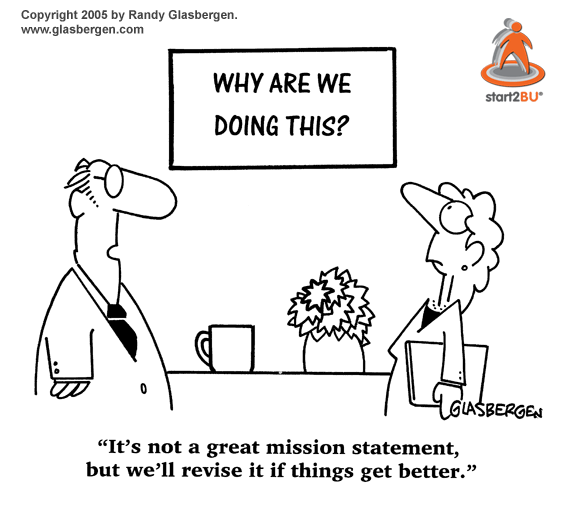Do you ever wonder about the reason behind a question ? And do you find it reassuring when the questioner spontaneously clarifies how the question came up ? The result is transparent communication. The same goes for communication at work around new targets, the strategy to achieve a target, how teams are being reformed… Explaining the “why” has a big impact. Let’s have a look at the benefits of transparant communication for leaders.
What makes the “why” so important ?
If we inform our employees about the “why” we give way to a mutual understanding and decisions don’t seem to be taken randomly. Of course the “why” will need to be explained to people in relation to their responsibilities and specialisations. It is important however to explain the “why” to everyone, if only to assure everyone’s involvement in the organisation.
What is sabotaging us from informing collegues, managers, team members, employees about the “why we are doing this” ?
-
Time pressure
Often we work under so much time pressure that we don’t prioritise these type of conversations. During leadership development trainings of the Leadership Trust * it is a typical pitfall for a leader and his team to get instantly immersed in the task. Under time pressure little or no time is taken to explain the team what the real objective is. Next there’s no backbriefing to check if everyone has understood the objective and whether anyone has any good ideas. Too much is assumed that employees will get it or they don’t have a need to be informed about the “why”.
It is tempting to move on with the task ASAP. Unfortunately too often it’s at the expense of great ideas that remain untapped and a failing engagement because people tend to switch off when not feeling involved.
-
Fear/Distrust
The “why” is sometimes not communicated to avoid employees worrying too much. The slogan “no news, good news” is not applicable in this case.
As soon as there are changes afoot within an organisation, that creates questions and anxiety in people. Concealing the “why” only stimulates false speculations and gets the rumour mill to run at full speed.
It goes without saying that this is detrimental for a good working environment and for the results.
So “Why are we doing this ?” deserves a beautiful frame just after the “Mission statement” to explain the “why” .
-
Allow yourself time to consciously explain the “why” to your teams, employees, colleagues, management
-
Reliable information excludes speculation and builds confidence and security
Want to learn more about how to be more authentic and transparent in your communication style ? Register here for the free Start2BU® online course “More authentic in 5 weeks”.
To stay informed about new blog posts you can subscribe here to the Start2BU® newsletter..
* 12th June is the date to mark for starting leaders for the one-day open course Leadership Foundations in Brussels by Leadership Trust. This course is run in English.

